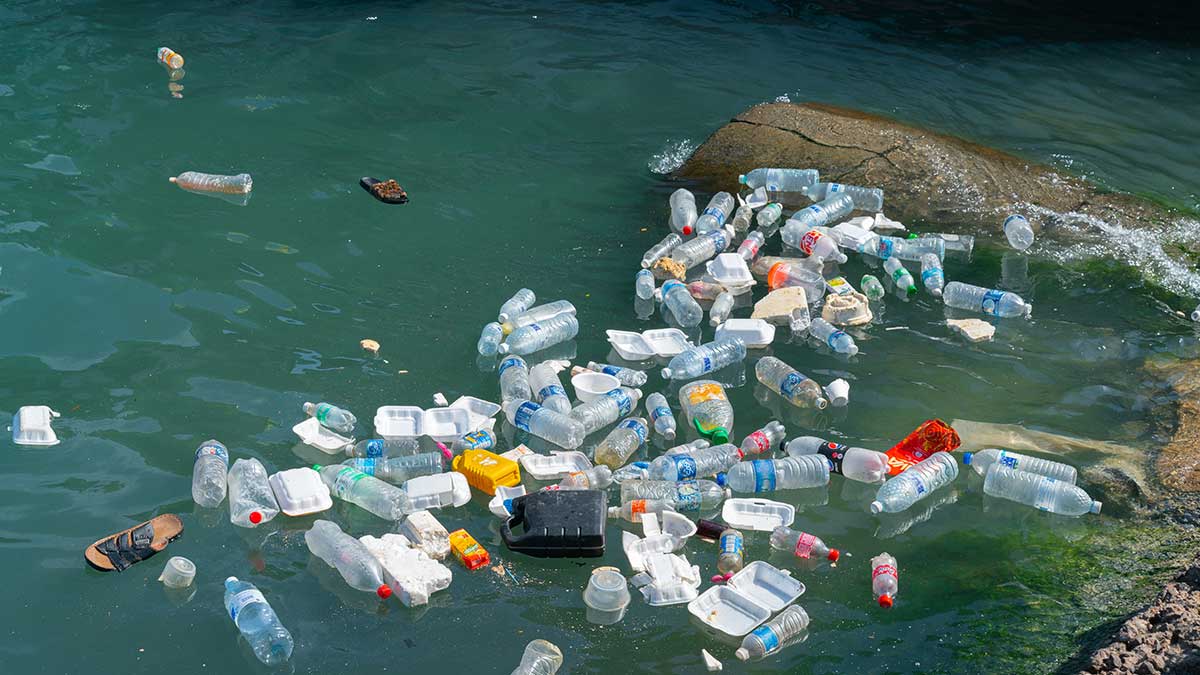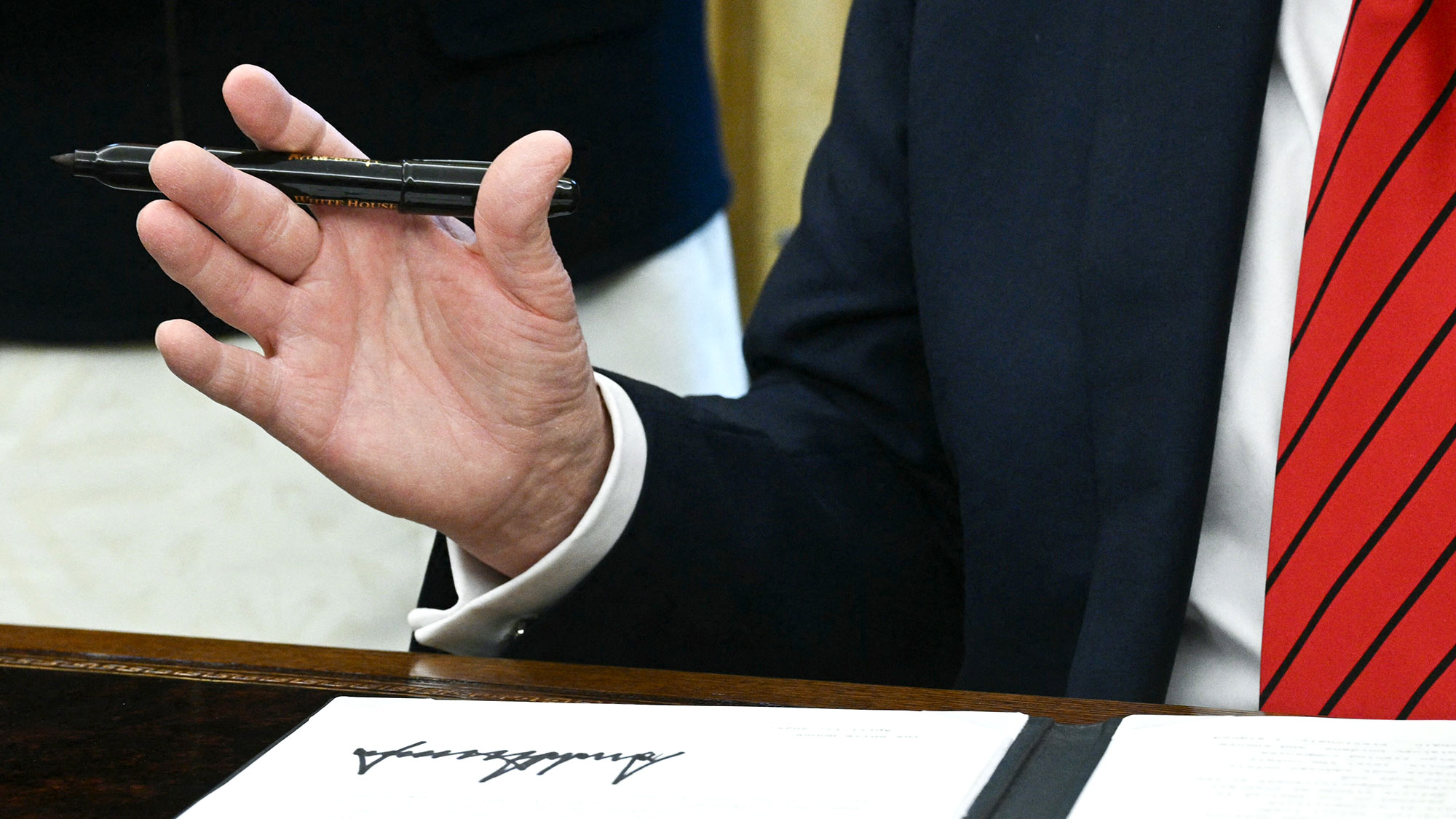The ambitious global effort to create a legally binding treaty on plastic pollution collapsed in late November. A Busan, South Korea, conference of nations failed to reconcile competing national interests between countries that produce fossil fuels and those facing a plastic waste crisis. The dashed hopes for coordinated international action to address the spiraling plastic crisis threaten ecosystems, wildlife, and human health worldwide.
The treaty negotiations, launched under the auspices of the United Nations Environment Assembly in March 2022, aimed to establish a legally binding agreement by this year intended to reduce plastic pollution, from production to waste collection. The proposed treaty included:
- Provisions for cutting plastic production.
- Investments intended to improve waste management systems.
- Phasing out of harmful additives in plastics.
- A goal of developing a circular economy for plastics.
Advocates hoped the treaty would mirror the success of the Montreal Protocol for ozone-depleting substances, a landmark in global environmental governance that helped close the hole in Earth’s ozone layer. Plastic waste is expected to triple by 2040. The treaty was viewed as an urgent response to one of humanity’s most pressing environmental challenges.
The Road to Busan
Despite optimism among environmental organizations, negotiations leading to Busan were fraught with conflict. Over four sessions of the Intergovernmental Negotiating Committee (INC), sharp divisions emerged between nations advocating for robust global rules and those favoring voluntary, country-specific measures. Not surprisingly, fossil fuel industries advocated for regional rather than global regulations.
Proponents of a strong treaty, including the European Union and several African and Pacific Island nations, sought mandatory caps on virgin plastic production and legally enforceable waste reduction targets. These nations argued that systemic change is needed to counteract the pervasive impact of plastic pollution, particularly in vulnerable ecosystems.
Countries with petrochemical industries, such as the United States, Saudi Arabia, and China, resisted global mandates. They argued for a more “flexible” framework that allowed each country to set its policies. Industry groups echoed this stance, emphasizing the economic importance of plastics and advocating for technological innovation, such as “advanced chemical recycling,” to address pollution rather than accepting production cuts.
Stalemate in Busan
When negotiators gathered in Busan for the final round of talks, expectations were high. Despite marathon discussions, the talks unraveled over fundamental disagreements about the treaty’s structure.
Key sticking points included:
- Production Caps: The opposing sides clashed over whether to impose global limits on new plastic production, a measure seen as critical by environmental advocates but fiercely opposed by oil-producing nations.
- Financial Responsibility: Mirroring the debate at COP29 in Azerbaijan, disputes over funding mechanisms to support low-income countries’ efforts to manage plastic waste and transition to greener economies stalled progress.
- Enforcement Mechanisms: The absence of consensus on legally binding enforcement mechanisms left the treaty’s potential effectiveness in doubt.
Ultimately, negotiators settled on a watered-down agreement with non-binding recommendations, prompting an outcry from environmental groups and vulnerable nations.
Critical Reactions to the Collapse
Environmentalists and advocacy organizations expressed deep disappointment. Anja Brandon of Ocean Conservancy (hear her Earth911 podcast interview) described the result as “a missed opportunity to stem the tide of plastic pollution at its source.” She criticized major producer countries for prioritizing economic interests over environmental health and equity.
Pacific Island representatives highlighted the disproportionate plastic pollution burden that coastal and island nations bear. They argued that nations most responsible for this crisis have once again abandoned the nations most affected.
Industry groups, meanwhile, hailed the outcome as a victory for “pragmatism.” They argued that technological innovation, such as advanced recycling, could provide scalable solutions without disrupting the global economy.
Where Do We Go From Here?
The failure in Busan leaves the world with no comprehensive strategy to address plastic pollution. As ad hoc regional initiatives emerge, critics warn that fragmentation will hinder global progress. Without binding agreements, voluntary measures may fall short of reversing the trajectory of plastic waste.
The collapse of the treaty negotiations highlights the enduring challenge of balancing economic interests with environmental imperatives in a divided world.
“Half of all plastics ever made have been made in the last 20 years,” Anja Brandon wrote on LinkedIn. “And yet, in this short time period, plastic pollution has wreaked havoc on our on our ocean, environment and communities. That’s why we need a global treaty. And that’s why we at Ocean Conservancy won’t stop fighting until we get there.”
What Can You Do?
Defeat for an international treaty tosses the responsibility to send a clear message to the plastic industry back to the public. Each of us can take action by refusing to buy single-use and short-lived plastics products, as well as committing to recycle that plastics we do use.
In the United States, several states have implemented extended producer (EPR) laws that require plastic packaging manufacturers to support the build out of the plastic recycling system to ensure more materials are captured. You can make a difference by writing your elected representatives to urge them to pass EPR legislation.
Source link
Earth911 earth911.com


